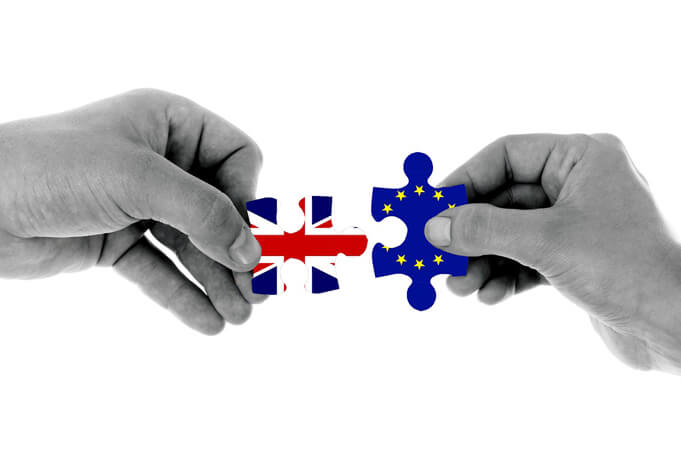As the infamous Brexit vote, Brits living abroad have been in angst over the future of their residency. The Local got in touch with British Ambassador to Germany Sir Sebastian Wood to get more information about the current state of affairs. Read the original article here.

The Local: At this stage, are there any reassurances you can give to British nationals, living and working in Germany, who are worried about their futures?
Sir Sebastian Wood: I understand that these are unsettling times for British nationals living in Germany. Many people have told us about their concerns and I hope that they will continue to do so. We are sharing what we hear with colleagues in London to ensure that the issues are reflected in the UK Government’s approach to the negotiations.
There has been no immediate change to the rights of British nationals living in Germany since the Referendum or Article 50 launch. It is a priority for the Government to guarantee these rights as early as we can. As the Prime Minister made clear in her letter triggering Article 50, we will always put the interests of citizens first.
These are complicated negotiations and we do not know what the results will be yet. But we will keep British nationals informed during the process and will publish any information about implications for their status as soon as we can.
The Local: What would you say to British nationals who are currently applying for German citizenship? Will dual nationals at some stage have to make a choice between their German and British citizenship?
British law allows for dual citizenship. You can be a British national and a citizen of another country. The requirements for German citizenship are subject to German law. At the moment German law allows dual nationality for EU citizens. Your local Einbürgerungsbehörde (naturalisation authority) will be able to give you more detailed information on this.
The Local: Is it going to get more expensive for people living in Germany to visit the UK in the future (eg, visa costs, higher airport duties, roaming charges)?
I hope your readers will understand that it is too early in the process to offer definitive answers in these areas. Some of these areas will be subject to the negotiation with the European Union. But the Government has been clear that we will work to secure the best deal for the British people and to avoid re-erecting tariffs and other barriers to trade that would increase prices.
The Local: What would you say to students keen to study in Germany who may no longer have access to Erasmus money?
I encourage British students to study in Germany or other countries abroad – student exchanges have always been and will continue to be a vital part of the British-German partnership. The UK’s future access to the Erasmus+ programme will be determined as a part of wider negotiations with the EU. Existing UK students studying in the EU, and those looking to start in the next academic year, will continue to be subject to current arrangements.
More broadly, we will strive to continue our deep collaboration with Germany and our European partners on science, research and technology initiatives. It is clearly in our mutual interest to do so.
Incidentally, the British Government has today (April 21st 2017) confirmed that EU students will continue to remain eligible for undergraduate, master’s, postgraduate and advanced learner financial support in academic year 2018 to 2019. The decision means EU students applying for an undergraduate or master’s course at an English university or further education institution in the 2018 to 2019 academic year will continue to have access to student loans and grants, even if the course concludes after the UK’s exit from the EU.
The Local: What is the British government doing to support British investment and jobs in Germany as the UK withdraws from the EU?
Our objective is to reach a bold and ambitious free trade agreement as part of a new, deep and special partnership with the EU-27. This includes building on our strong trade relationship with Germany worth €183 billion annually. Germany is the UK’s second most important trading partner and every tenth international business in Germany is British, employing around 250,000 people.
We want these numbers to continue growing. That is why we are seeking the closest possible trade ties with our European neighbours and Germany – something that is crucial for jobs and consumers on both sides of the Channel. Throughout the negotiations, my team at the Embassy will continue to provide support and advice to British companies operating in Germany.






















